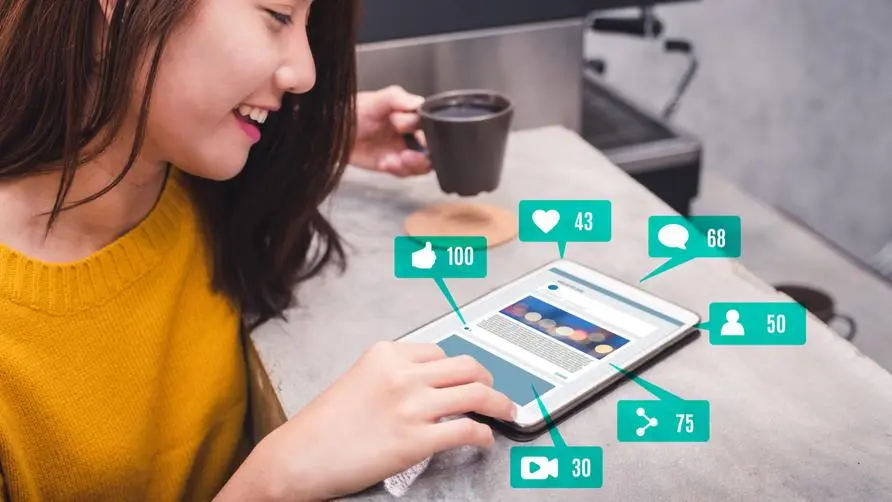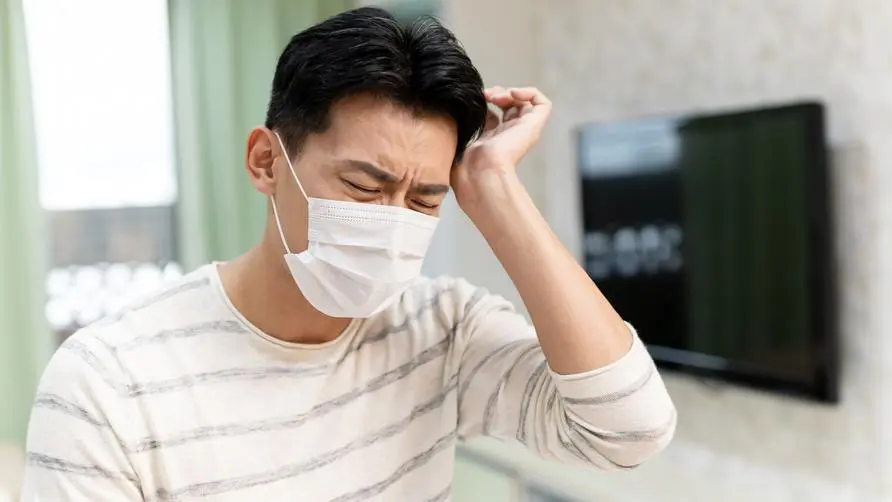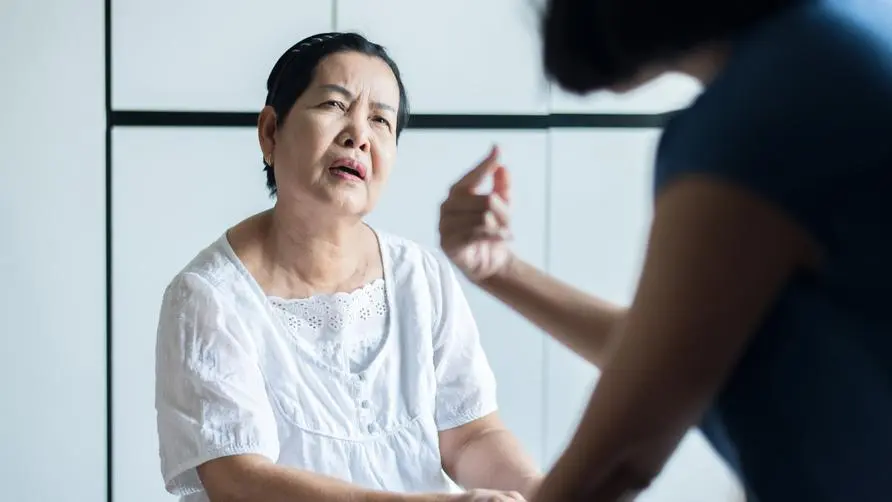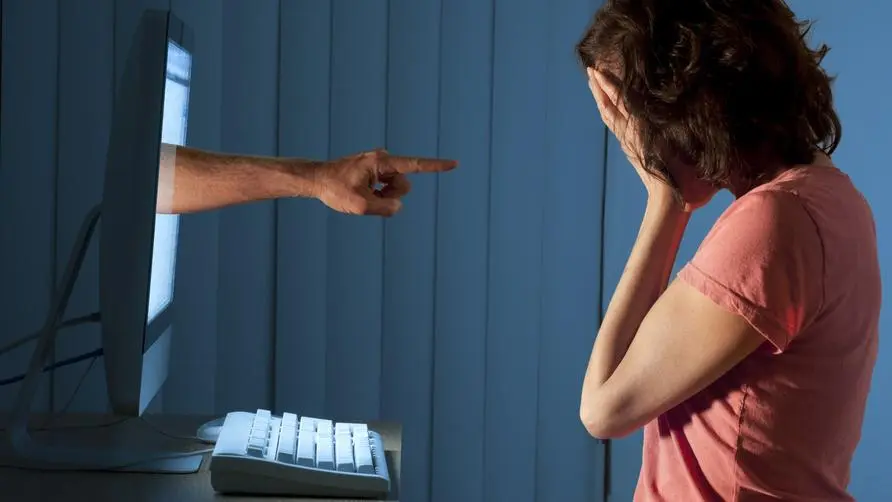Playing Douyin to socialize is causing young people to go "collectively crazy"! What is mass hysteria?

Are mental illnesses also “contagious”? What is “mass hysteria”?
Can mental illness be “contagious”? The symptoms of “Mass Hysteria”, known as “mass psychogenic disease”, are a kind of “contagious” mental illness, and the source of infection is often unknown. For many years, the medical community and research have been unable to explain why mass hysteria occurs and in which groups it tends to occur.
Now, scientists believe that the short video platform TikTok and other social platforms may also be one of the reasons for triggering mass hysteria in people, and it is more obvious among young people. .
Robert H. Shmerling, professor of rheumatology at Harvard Medical School, said that patients with mass hysteria are prone to have the illusion of “having been exposed to dangerous substances or sources of contamination,” such as food poisoning or large-scale infectious diseases, and are convinced of this. It is not suspected and causes the same unexplained symptoms in a certain population, such as nausea, headaches or shortness of breath.
Dr. Shmerling believes that patients with mass hysteria do not intentionally behave this way in order to seek public attention. Most people label them as “crazy” or “histrionic”, which is probably a misinterpretation.
Shmerling explained that outbreaks of mass hysteria are often located in group spaces, such as schools or large offices. However, during the COVID-19 pandemic, adolescents’ reduced participation in physical campus activities and increased time spent using social media may have changed this pattern, and is not limited to cluster infection patterns in space.
Is social media fueling mass hysteria? Related to the COVID-19 pandemic?
The first case of mass hysteria caused by social media occurred 1-2 years ago. Dr. Shmerling said there was a significant increase in the number of adolescents visiting neurology departments at that time. Young patients develop unusual movements or sounds that are very similar to the symptoms of Tourette syndrome.
Dr. Shmerling analyzed the life behavior of this group of teenagers and speculated that it may be caused by watching a large number of videos on Douyin, YouTube and other platforms.
Dr. Shmerling emphasized that the collective hysteria caused by social media may be related to the anxiety and stress in people’s “home isolation” during the pandemic. Paranoia caused by anxiety symptoms was not uncommon in the past. For example, during the 1900s, people worried about food and air pollution and would experience nausea, vomiting, or heart palpitations when smelling unusual smells.
The “Havana syndrome” that broke out in the Cuban capital in 2016 was similar to the symptoms of mass hysteria. The ambassadors of the United States and Canada suffered from unexplained syncope, anxiety and hearing loss. This incident even caused tension in the relationship between the United States and Cuba. Recently, some residents on the West Coast of the United States believe that they are frequently exposed to chemical bombs and explosions, which in turn leads to dizziness and fainting.
Are there any signs of mass hysteria? What behaviors help improve symptoms?
Dr. Shmerling believes that the massive spread of social media may not only promote anxiety symptoms, but may also be one of the root causes of a new generation of social psychological diseases. Unlike traditional, typical mass hysteria, symptoms of mass hysteria caused by social media may include:
Symptoms without clear medical explanation.
Symptoms similar to Tourette’s syndrome and Havana syndrome appear.
Symptoms appear quickly and usually disappear quickly.
Patients are not necessarily affected through physical contact or group membership. Possible factors are excessive anxiety and worry, and social media may contribute to the severity of the disease.
Dr. Shmerling believes that the connection between anxiety symptoms caused by the pandemic and mass hysteria still needs further research to clarify. It is undeniable that due to the impact of the epidemic, millions of people use social media without restraint, which has contributed to the occurrence of social psychological diseases.
Dr. Shmerling recommends that if you or your relatives or friends spend a lot of time on social media and have unusual words or actions that you cannot explain, you should consult a psychological counselor or psychiatrist in time. It also calls on people to stay away from social media, develop the habit of reading, meditating and exercising, and divert their attention in a timely manner, which may slow down the physiological impact of social psychological diseases.
Source:
Tics and TikTok: Can social media trigger illness?
Further reading:





